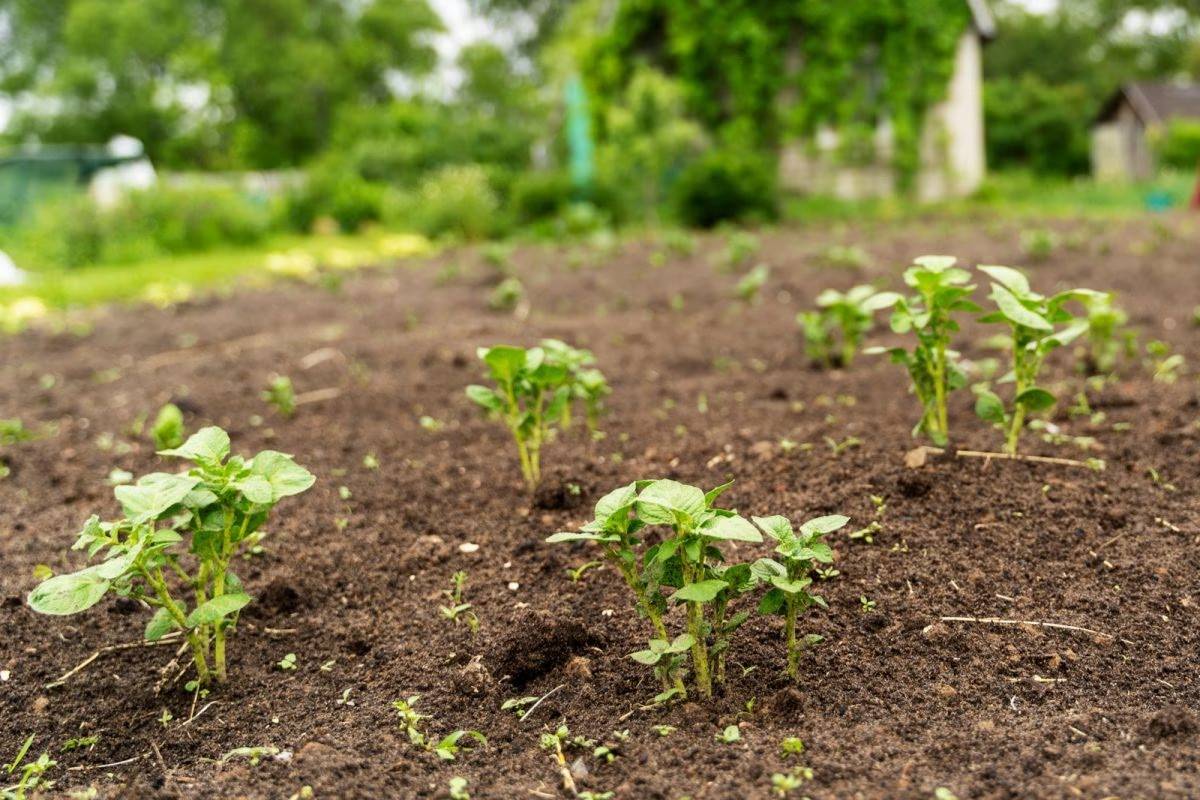Knowing the harvest seasons and its grains
The best time to buy any produce is during the harvest season, during this period they are always surplus and you can get them at a very cheaper rate.
Emmy blog
Knowing the harvest seasons and its grains
Below:
1) Soyabean - September - December
2) Ginger - November - January
3) Rice - October - December
4) Yam - September - December
5) Sesame Seed - January - March
6) Egusi - July - September
7) Corn - September - November
8) Beans - November - December
9) Sorghum - December -January
10) Groundnut - September - October
11) Cashew Nut - January/ February - May
12) Time to get Palm Oil - February - April
Follow blog👆:side bar


Comments